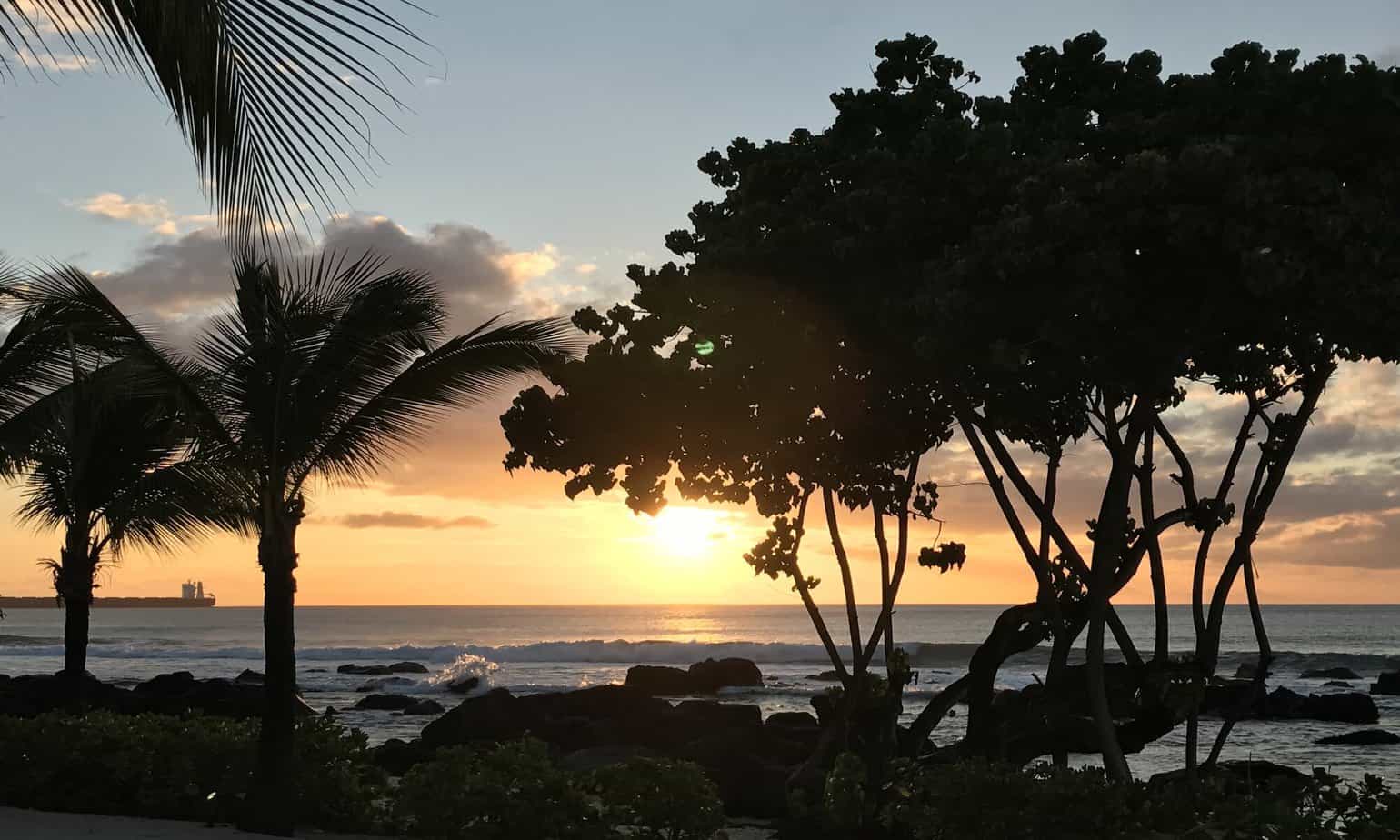Welcome to the Late Starter to FI series!
I am a Late Starter – I did not discover FIRE (Financial Independence Retire Early) concept until I was 47. This was way later, I thought than others who seem to have it all together in their 20s and 30s.
Since I started to write about my own journey, I have discovered there are many more Late Starters like me, yay! It is such a relief knowing I am not alone.
I want to share our stories, our unique perspectives and show that it is absolutely not too late for us.
So in this series, I particularly highlight those of us who start our FI journeys in our 40s, 50s and 60s. And explore questions such as ‘where do we start’, ‘can we still retire early(ish)’, ‘what are the specific challenges for us late starters’. We look at our past, not to castigate ourselves but so that you can learn from us.
Please join in the conversation in the comments below. I encourage you to share your story if you fit the profile of a late starter. You absolutely don’t have to be a blogger or podcaster to share your story.
Please email me at info@latestarterfire.com or connect with me on Twitter or Facebook or Instagram.
And if you’ve missed any of the previous stories, you can catch up here – Late Starter to FI Series
Disclosure: Please note that I may benefit from purchases made through my affiliate links below, at no cost to you. Additionally, as an Amazon Associate, I earn from qualifying purchases. Thank you for your support

I’m excited that today’s Late Starter, Mrs ETT agreed to share her story. She’s a frequent commenter on this blog (thank you!) and used to blog at Enough Time To.
I didn’t realise that our stories had a lot of similarities, one of which was that we’d both paid off our homes when we found FIRE.
Mrs ETT no longer blogs at her site so please comment below as a way of connecting with her.
A little about me

Feeling Overwhelmed?
Use this FREE Checklist to start your journey to Financial Independence
Childhood memories of money
Lightbulb moment
Our financial situation then
First steps on the path to FI

How far along the path to FI are we now?
How did COVID affect our strategy?
Specific challenges or advantages of starting late
Time is the challenge. But as I said above, even when you think you don’t have enough time, you might be completely surprised at what you can achieve.
“Early” is relative. When we first started FIRE, our initial goal was to retire before pension age, at 67. Then it dropped to 60. Now our stretch goal is 55. If you’d told me that in 2016, I would have laughed and laughed.
Starting late means we have life skills, and a whole range of contacts. Hopefully we have more experience in research and the ability to take a balanced look at things.
Depending on our past, we might be earning more than we’ve ever done. And if nothing else, maybe we can look back at our pre-FIRE selves and enjoy the memories of what we did with the money back then 😀
What's next?
Figuring out whether we continue to push for the next five years, or whether we slow down and take a Flamingo FI approach. Or maybe some balance between the two. Continue to read and listen to others in the FIRE community, and to share the concept in person where there’s some interest. Maybe one day I’ll begin blogging again!
Back to Latestarterfire
Thank you, Mrs ETT for sharing your story!
It’s interesting to read about your childhood money memories and how that has shaped you as a saver. It reminds me that we can unwittingly pass on our money stories to the younger generation.
I totally agree with you that it’s “gob smacking how simply having a plan and implementing it can grow your money so significantly.” It’s hard to envision it when we first begin our FIRE journey. And that’s why it’s so important to just start anyway.
I think we are at the same stage of our FIRE journey. I know exactly what you mean by the long, boring middle 🙂 You can see that the end is in sight. But you’re not quite there yet.
I feel your questions keenly – “If we let go a bit, can we still reach FI at 55? Will our FIRE number increase if we start spending more?” because these are the same questions I ask myself.
It’s all a balancing act and I can’t wait to see what you decide in the end. Whatever you decide, you’ll have enough time to spend in nature and visit wineries 🙂





